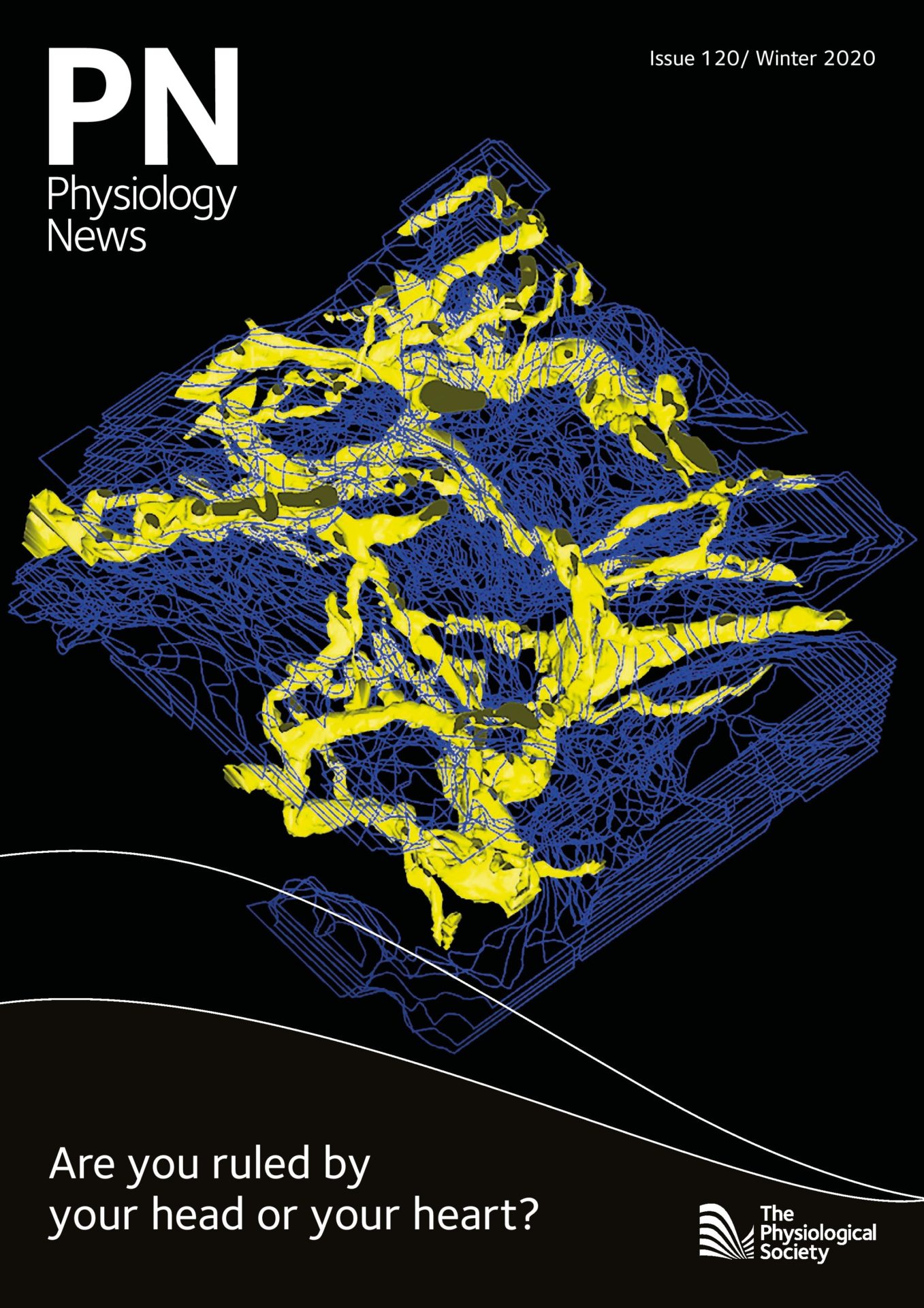
Physiology News Magazine
President’s View
Striving for inclusivity, diversity, equality, and accessibility to keep physiology flourishing
News and Views
President’s View
Striving for inclusivity, diversity, equality, and accessibility to keep physiology flourishing
News and Views
Bridget Lumb, President 2018-2020, The Physiological Society
https://doi.org/10.36866/pn.120.6
Creativity is indispensable for scientific progress. The more diverse our physiology community, the more creativity we can foster, stemming from everyone’s diverse perspectives. Therefore, doing everything we possibly can to make our community as inclusive, diverse, equal, and accessible as possible is paramount for ensuring an engaged membership community and thus for allowing physiology to flourish.
To achieve this, The Society continues to take steps to increase the diversity of our membership and ensure that those diverse voices are heard and reflected in our activities. We are excited to announce the formation of the Diversity and Inclusion Taskforce, which will allow the member voice to better inform our work around inclusion, diversity, equality, and accessibility.
In addition to involving the membership more in our diversity work, we also continue to sponsor conferences for underrepresented communities. This year we were proud to sponsor the STEM Village Symposium, the first global LGBTQ+ STEM conference, organised by STEM Village, the LGBTQ+ STEM community in Scotland.
In order to embed these principles of inclusivity into our membership categories, we have launched new membership categories. Members will have received information about this in their email inbox and can now renew. The changes specifically facilitate inclusivity by allowing physiologists to become and remain members, regardless of whether they are working inside or outside of academia, thus better reflecting their career progression. In addition to increased inclusivity, they will allow us to provide:
- Increased networking and collaborative opportunities for members working in more diverse roles in physiology
- Improved tailoring of the support we offer our members across different categories
- Improved membership journey to encourage the transition of early career researchers to Full Members
The Society’s membership fees have remained unchanged since 2016, while our operating costs have continued to increase. Therefore, an introduction of a small increase in fees was considered proportionate at this time. As a charity, all income from membership fees is invested in our membership services and events to ensure we are able to continue to support a diverse range of physiologists in all senses of the word. We want to continue to provide a more comprehensive range of benefits for members and this small increase will help us to do this. More information can be found on the FAQs page on our website. https://www.physoc.org/join/membership-category-and-fee-changes-frequently-asked-questions/
By increasing the scope for those working in physiology but outside of research to join The Society, we anticipate we will enhance the value of networking both for career development and forming interdisciplinary research collaborations, and make The Society a more inclusive community of physiologists.
Another initiative in the equality and diversity arena has been The Society’s contribution to the inquiry report on equity in STEM education, released by the All-Party Parliamentary Group (APPG) on Diversity and Inclusion in STEM in June of this year. The APPG aimed to include and progress people from underrepresented backgrounds in STEM, and encourage government, parliamentarians, academics, businesses and other stakeholders to work towards a STEM sector that better represents the diverse UK population.
The findings highlight shortcomings across the education system. They include the need for a more joined-up approach by government to tackle the causes of inequity in STEM education and an urgency to take a wider, more holistic view of inequity beyond the lens of gender, economic disadvantage or ethnicity.
From these findings, the APPG has created six key recommendations. They include calling for a minister responsible for addressing inequity within the education system, making STEM education more relevant to young people, and more action to address teacher shortages in STEM subjects. The report is available at https://www.britishscienceassociation.org/appg
As a testament to our work to improve membership engagement, I am very pleased to note that we have had over 70 applications for the vacancies across our committees and other member-led groups, a much larger number than in recent years. I think this indicates a higher level of engagement by members who are looking to help shape the future of our community, while networking and developing their own set of soft skills important for any career in physiology.
I think this increased level of engagement is due in part to better communication with the members, stemming from the hard work of our staff, Trustees, committee members, Themes Leads, Society Representatives, Editorial Boards, committees, as well as engagement with our members via the vast array of scientific and professional development webinars that The Society has hosted since the spring. This has been a great opportunity for collaboration across the organisation and I look forward to seeing this continue next year under the leadership of David Paterson, University of Oxford, UK as President and David Attwell, University College London, UK as President-Elect.
After 2 years, this is my final President’s View in Physiology News. I joined The Society back in 1990 and have been honoured to have become our first female president. While I will no longer be in this role, I will continue to be an active member and I look forward with excitement as we begin our next chapter of increased inclusivity and engagement.
